CBS News
Opponents, supporters of affirmative action on whether college admissions can be truly colorblind
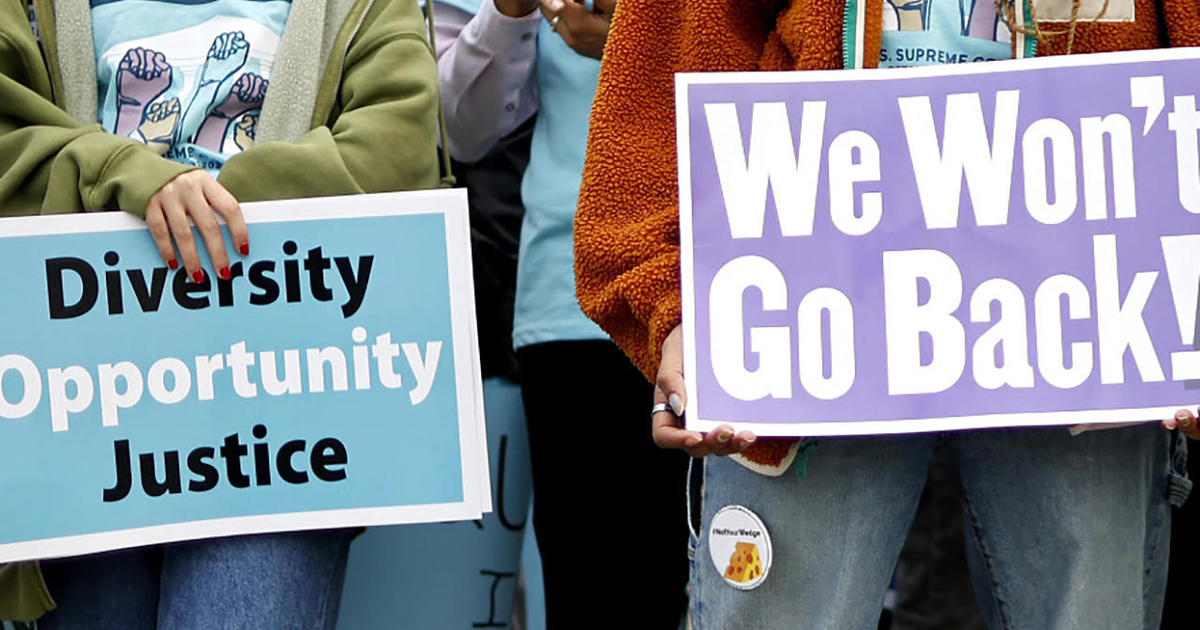
Edward Blum, of Tallahassee, Fla., is not a lawyer; he retired from a job in finance. But he is founder and president of Students for Fair Admissions, a group he acknowledges starting to challenge higher education affirmative action policies in court. “The equal rights provision of our 14th Amendment basically gets to the point that people should not be treated differently because of their race or ethnicity,” said Blum.
He also argues that affirmative action violates the 1964 Civil Rights Act. “The opportunities must be the same, regardless of your race or ethnicity,” he said.
Affirmative action has helped boost the number of Black, Latinx and other minorities who are under-represented at prestigious schools. But now those racial preferences may be prohibited, in large part due to Blum’s efforts. The Supreme Court is now considering cases he brought targeting affirmative action at the University of North Carolina (the nation’s oldest public university) and Harvard (the oldest private college).
Blum said his group has 22,000 members, but none is identified by name in either court case. “Well, in the world of social media, it is no surprise that 17- and 18-year-old kids do not want their names made public,” he said.
Blum has previously spearheaded two cases in which the Supreme Court struck down voting polices designed to help racial groups (particularly African Americans and Hispanics) that have endured prior discrimination. But he lost a 2016 case in which he backed Abigail Fisher, who unsuccessfully challenged racial consideration in admissions at the University of Texas.
But today’s Supreme Court is far more conservative.
Braver asked, “Were you just determined to keep bringing cases until you got the court to agree with you?”
“Legal advocacy requires a long-term commitment,” Blum replied.
There are, in fact, nine states that have enacted bans on racial preferences in state colleges, with some reporting a drop in African American and Latinx admissions at top institutions.
CBS News
Affirmative action advocates say a nationwide ban would be disastrous.
Mitchell Crusto, a professor at Loyola University New Orleans College of Law, said, “Affirmative action is really trying to treat everyone equally, recognizing that certain groups have been marginalized over the centuries.”
Crusto grew up in segregated Louisiana: “Most of the restaurants in town did not serve Black people,” he said. “Water fountains were segregated, so there was a white-only and a Black-only water fountain. The Woolworth’s department store, you could not have counter service if you were Black.”
He is a descendant of generations of enslaved people, and forebears who faced prejudice after emancipation. “A lot of the legacy of discrimination – in housing, in employment – meant that my family was set back century after century,” he said.
Even after the Supreme Court mandated school desegregation, most of Crusto’s schooling was in segregated Catholic schools in New Orleans. He was a top student, and also, he acknowledges, an affirmative action beneficiary in 1971.
Braver asked, “You knew when you applied to Yale that they were in interested in you not just as a student, but because they wanted to bring in more African American students?”
“Absolutely, absolutely,” he replied, pointing out, “Race is just one aspect. I wasn’t accepted to Yale because I’m Black. I was accepted into Yale because of all the other things that I am as a person, of which I’m also African American.”
Crusto graduated magna cum laude from Yale College, and was admitted to Yale Law School.
He argues that the Supreme Court should uphold its previous rulings that colleges have a genuine interest in including students from different racial groups: “For all students who are at a university, having a diverse campus of individuals with different backgrounds adds to the educational goal of the university,” he said.
For his part, Edward Blum, a descendant of Holocaust survivors, contends that when colleges have considered ethnic backgrounds of applicants, it has hurt certain groups: “Back in the 1920s, it’s well documented by dozens of historians that Harvard had policies in place to discriminate against Jews,” he said. “Fast forward now to the 1990s and 2000s, we believe that Harvard has policies that diminish the likelihood that high-achieving Asians are being admitted.”
In fact, Harvard recently announced that nearly 30% of those admitted this year are Asian-American, more than four times the representation in the total U.S. population.
CBS News
Still, some Asian Americans are taking a stand against affirmative action plans that tend to help other minorities.
Rutvij Holay, whose parents were born in India, is the founder of the Americans for Equality Political Action Committee. He said, “Even if tomorrow they give preference to Asians, I’ll be just as opposed, because the idea is that ideally we should all be treated equally, and there really should be a level playing field for all of us.”
A straight-A student in Irvine Calif., Holay was just admitted to one of the nation’s top schools: Stanford University. But he also applied to Ivy League schools. “I applied to all of them except for Harvard,” he said.
And did he get into any of them? “Nope.”
Braver asked, “Do you have a feeling that maybe racial preferences might have had something to do with that?”
“Yes,” he said. “Look, I look at the data, right? I’m not going off of a feeling, because the college admission process has been very good for me. But I think everyone has to acknowledge that there is a level of discrimination that occurs.”
Chelsea Wang, a Harvard sophomore, is co-president of the Harvard-Radcliffe Asian American Association. She participated in a pro-affirmative action demonstration before the Supreme Court heard arguments on the cases last fall. There was also an Asian American anti-affirmative action demonstration, underscoring how divisive the issue is among Americans, of all races.
Wang said, “I think this case has the potential to really pit Asian Americans against other minorities. And I don’t want that to happen. I think we should all, you know, understand, like, what other people have gone through and support them.”
Chip Somodevilla/Getty Images
Wang argues that it is a question of basic fairness. “You know what? I wish we didn’t have to have affirmative action,” she said. “I think we have to have it, because all of the different, compounding forms of inequality that affect someone’s life before they even apply for college, call for something that accounts for those factors.”
Still, Edward Blum believes there are other ways to get a diverse student body.
Braver asked him, “This is not news to you that some people think your actions over the years have showed that you’re racist or bigoted in some way. How do you respond to that?”
“I think that’s an easy, sort of intellectually lazy way of making an argument,” Blum replied. “Let’s have a debate about the policy.”
“If these policies go away, will it not just advantage Asian American applicants, but maybe also white applicants?”
“It’s unclear who this is going to advantage,” said Blum. “It’s going to be up to Harvard, it’s going to be up to UNC to change their policies to make them, first, colorblind … that’s the goal. Make them colorblind.”
But with many legal experts predicting that the Supreme Court will strike down affirmative action, advocates like law professor Mitchell Crusto are worried that decades of progress for underserved minorities will be set back: “If the Supreme Court decides to ban the use of race, I think they’ll go down in history as being one of the most conservative, reactionary, white supremacist Supreme Courts that we’ve ever seen,” he said.
For more info:
Story produced by Ed Forgotson and Robert Marston. Editor: Lauren Barnello.
CBS News
Sen. Tammy Duckworth says Pete Hegseth is “flat-out wrong” about women in combat roles

Watch CBS News
Be the first to know
Get browser notifications for breaking news, live events, and exclusive reporting.
CBS News
Sen. Duckworth says Trump defense secretary pick is “flat-out wrong” about women in combat roles

Democratic Sen. Tammy Duckworth said Sunday that Pete Hegseth, President-elect Donald Trump’s pick for defense secretary is “flat-out wrong” in his view that women should not serve in the military in combat roles.
“Our military could not go to war without the women who wear this uniform,” Duckworth said on “Face the Nation with Margaret Brennan.” “And frankly, America’s daughters are just as capable of defending liberty and freedom as her sons.”
Trump tapped Hegseth, a former Fox News host and Army veteran who served in Iraq and Afghanistan as his pick to head the Defense Department earlier this month. The 44-year-old has drawn criticism for his stance on women in combat roles, along with his level of experience.
Duckworth, who in 2004 deployed to Iraq as a Blackhawk helicopter pilot and sustained severe injuries when her helicopter was hit by an RPG, outlined that women who serve in combat roles have met the same standards as men, passing rigorous testing. She said Hegseth’s position “just shows his lack of understanding of where our military is,” while arguing that he’s “inordinately unqualified for the position.”
CBS News
“Our military could not go to war without the 220,000-plus women who serve in uniform,” Duckworth said. She added that having women in the military “does make us more effective, does make us more lethal.”
Hegseth has also drawn scrutiny amid recently unearthed details about an investigation into an alleged sexual assault in 2017. Hegseth denies the allegation and characterized the incident as a consensual encounter. The Monterey County district attorney’s office declined to file charges as none were “supported by proof beyond a reasonable doubt.” His lawyer has acknowledged that Hegseth paid a confidential financial settlement to the woman out of concern that the allegation would jeopardize his employment.
Duckworth, an Illinois Democrat who serves on the Armed Services and Foreign Relations Committees, said it’s “really troubling” that Trump would nominate someone who “has admitted that he’s paid off a victim who has claimed rape allegations against him.”
“This is not the kind of person you want to lead the Department of Defense,” she added.
The comments come after Trump announced a slew of picks for top posts in his administration in recent days. Meanwhile, one pick — former Rep. Matt Gaetz for attorney general — has already withdrawn his name from consideration after he faced intense scrutiny amid a House Ethics Committee investigation and a tenuous path to Senate confirmation.
While Duckworth acknowledged that she’s glad her Senate Republicans “held the line” on Gaetz and also elected Sen. John Thune as leader over a candidate favored by many in Trump’s orbit, she said she’s “deeply concerned” her Republican colleagues will green light Trump’s nominees.
“From what I’m hearing from my Republican colleagues on everything from defense secretary to other posts, it sounds like they are ready to roll over for Mr. Trump,” Duckworth said.
But Duckworth didn’t rule out supporting some of the nominees herself during the Senate confirmation process, pledged to evaluate each candidate based on their ability to do the job, and their willingness to put the needs of the American people before “a retribution campaign for Mr. Trump.”
Meanwhile, a CBS News poll released on Sunday found that 33% of Americans say Hegseth is a “good choice” for defense secretary, including 64% of Trump voters. But 39% of Americans said they hadn’t heard enough yet about the pick. More broadly, Americans generally say they want Trump to appoint people who’ll speak their minds and who have experience in the field or agency they’ll run.
Sen. Rand Paul, a Kentucky Republican who also appeared on “Face the Nation” on Sunday, said he believes that Hegseth can run the massive Defense Department, despite his lack of experience managing a large organization. Though he did not address Hegseth’s comments about women in combat roles, Paul said he believes the “vast majority of people” support leaders who are picked based on merit, citing Hegseth’s criticism of the Pentagon for what he says has been a move away from merit-based hiring and toward hiring based on “racial characteristics.”
CBS News
Israeli strike kills Lebanese soldier as Hezbollah fires at least 185 rockets at Israel

Hezbollah fired at least 185 rockets and other projectiles into Israel on Sunday, wounding seven people in the militant group’s heaviest barrage in several days, in response to deadly Israeli strikes in Beirut while negotiators pressed on with cease-fire efforts to halt the war.
Meanwhile, an Israeli strike on a Lebanese army center killed one soldier and wounded 18 others on the southwestern coastal road between Tyre and Naqoura, Lebanon’s military said. Israel’s military expressed regret and said the strike occurred in an area of combat against Hezbollah, adding that its operations are directed solely against the militants. The strike was under review.
Hussein Malla / AP
Israeli strikes have killed over 40 Lebanese troops since the start of the war between Israel and Hezbollah, even as Lebanon’s military has largely kept to the sidelines.
Lebanon’s caretaker prime minister, Najib Mikati, condemned it as an assault on U.S.-led cease-fire efforts, calling it a “direct, bloody message rejecting all efforts and ongoing contacts” to end the war.
“(Israel is) again writing in Lebanese blood a brazen rejection of the solution that is being discussed,” a statement from his office read.
The strike occurred in southwestern Lebanon on the coastal road between Tyre and Naqoura, where there has been heavy fighting between Israel and Hezbollah.
Hezbollah began firing rockets, missiles and drones into Israel after Hamas’ Oct. 7, 2023, attack out of the Gaza Strip ignited the war there. Hezbollah has portrayed the attacks as an act of solidarity with the Palestinians and Hamas. Iran supports both armed groups.
Israel has launched retaliatory airstrikes since the rocket fire began, and in September the low-level conflict erupted into all-out war, as Israel launched waves of airstrikes across large parts of Lebanon and killed Hezbollah’s top leader, Hassan Nasrallah, and several of his top commanders.
Hezbollah fired a total of around 160 rockets and other projectiles into Israel on Sunday, some of which were intercepted, the Israeli military said.
Oded Balilty / AP
Israel’s Magen David Adom rescue service said it was treating two people in the central city of Petah Tikva, a 23-year-old man who was lightly wounded by a blast and a 70-year-old woman suffering from smoke inhalation from a car that caught fire. The first responders said they treated three other people in northern Israel, closer to the border, including a 60-year-old man in serious condition.
It was unclear whether the injuries and damage were caused by the rockets or interceptors.
Israeli airstrikes early Saturday pounded central Beirut, killing at least 20 people and wounding 66, according to Lebanon’s Health Ministry.
Israeli attacks have killed more than 3,500 people in Lebanon, according to Lebanon’s Health Ministry. The fighting has displaced about 1.2 million people, or a quarter of Lebanon’s population.
On the Israeli side, about 90 soldiers and nearly 50 civilians have been killed by bombardments in northern Israel and in battle following Israel’s ground invasion in early October. Around 60,000 Israelis have been displaced from the country’s north.
The Biden administration has spent months trying to broker a cease-fire, and U.S. envoy Amos Hochstein was back in the region last week.
The European Union’s top diplomat called for more pressure on both Israel and Hezbollah to reach a deal, saying one was “pending with a final agreement from the Israeli government.”
Josep Borrell spoke Sunday after meeting with Mikati and Lebanese Parliament Speaker Nabih Berri, a Hezbollah ally who has been mediating with the group.
Borrell said the EU is ready to allocate 200 million euros ($208m) to assist the Lebanese military, which would deploy additional forces to the south.
The emerging agreement would pave the way for the withdrawal of Hezbollah militants and Israeli troops from southern Lebanon below the Litani River in accordance with the U.N. Security Council resolution that ended the 2006 war. Lebanese troops would patrol the area, with the presence of U.N. peacekeepers.
Lebanon’s army reflects the religious diversity of the country and is respected as a national institution, but it does not have the military capability to impose its will on Hezbollah or resist Israel’s invasion.


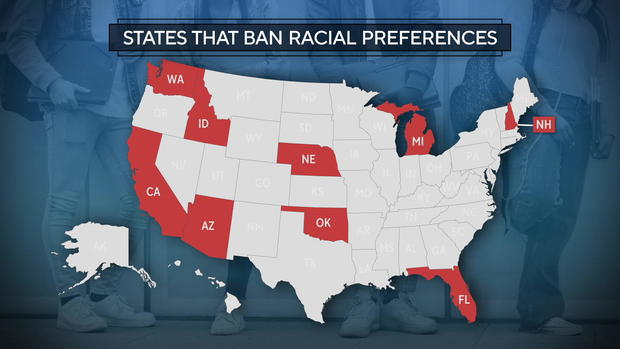
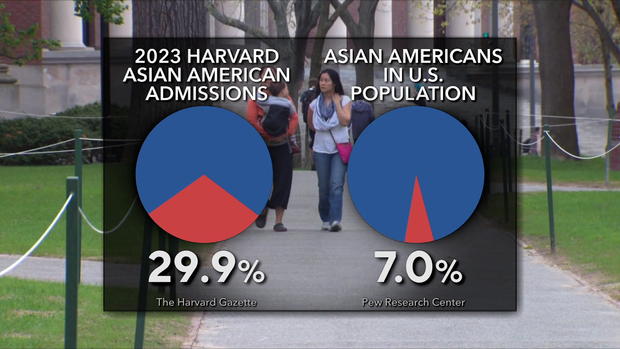
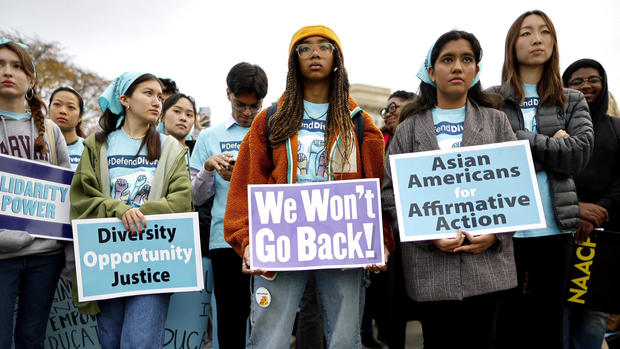


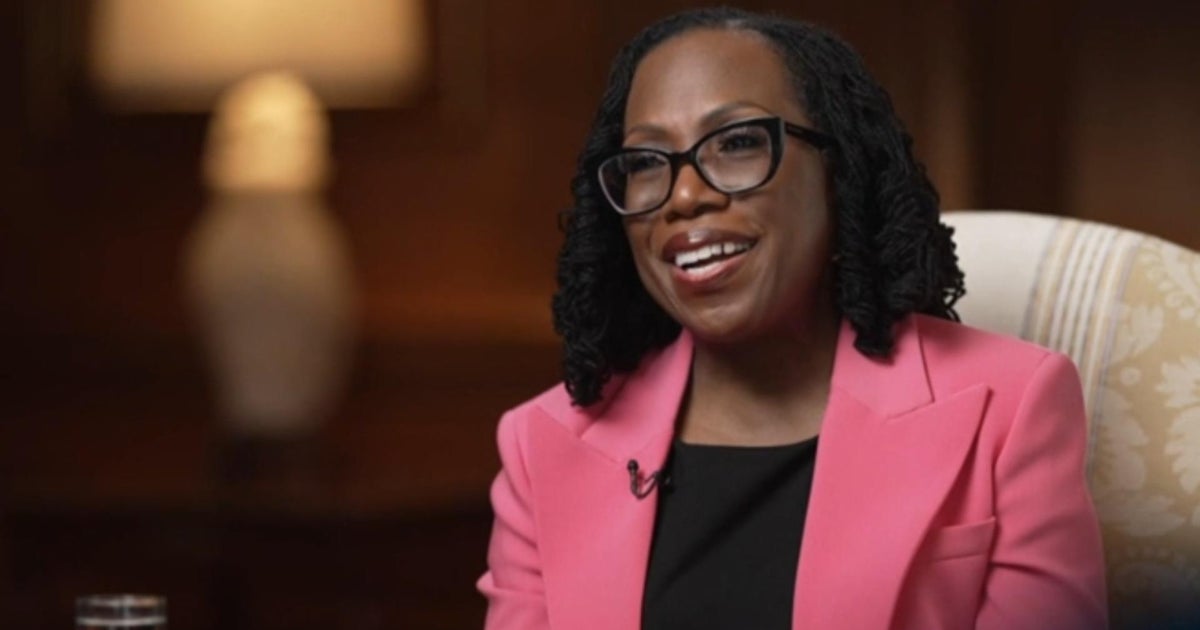
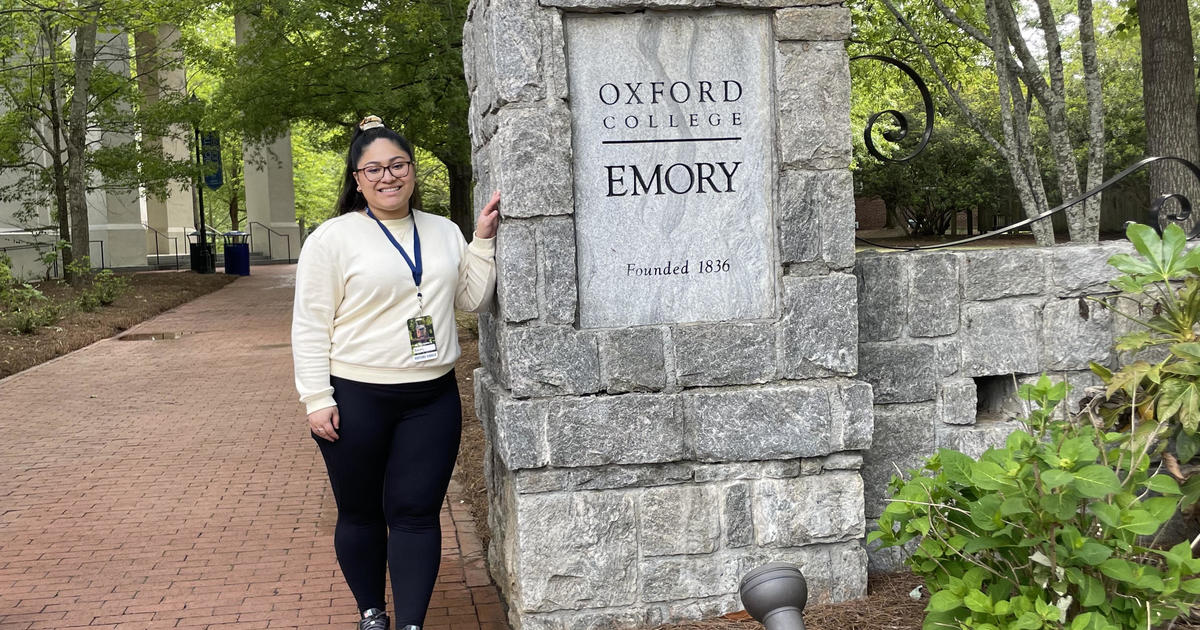
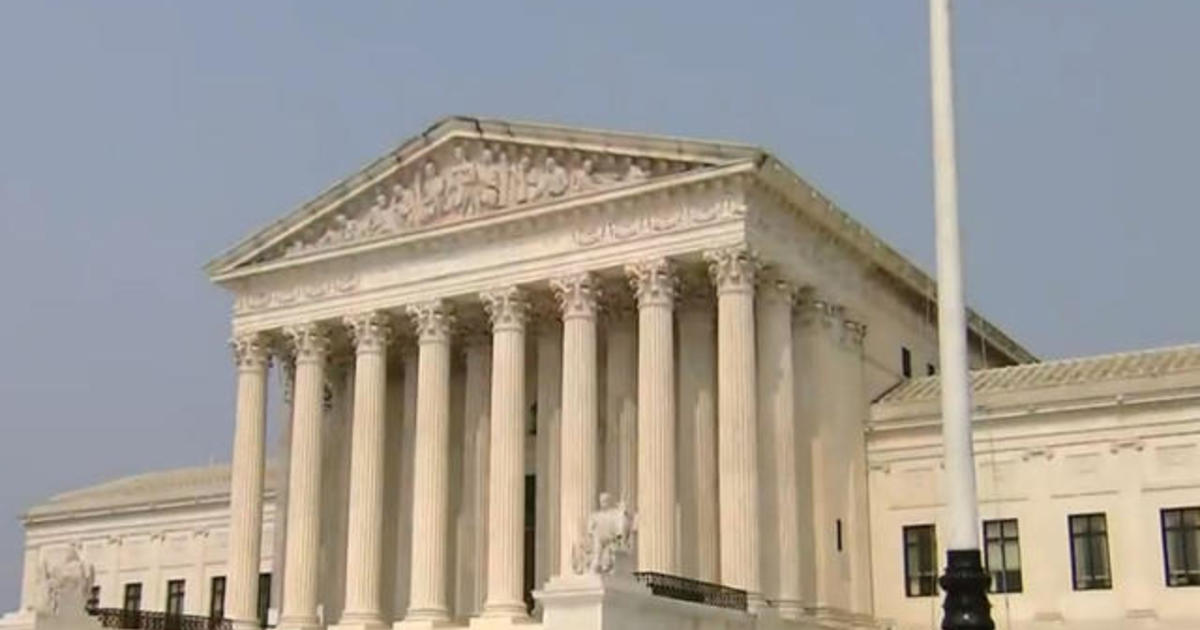



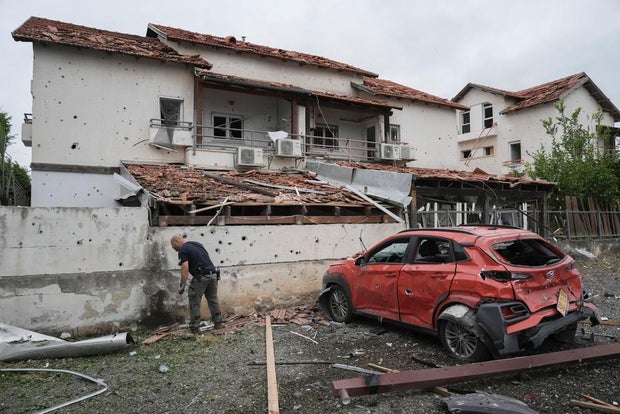
GIPHY App Key not set. Please check settings